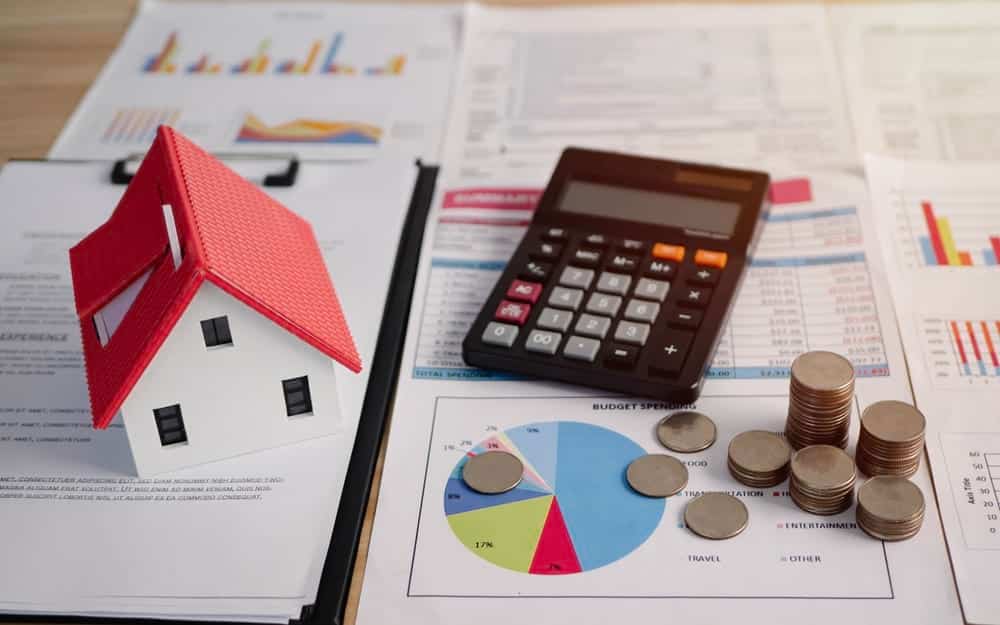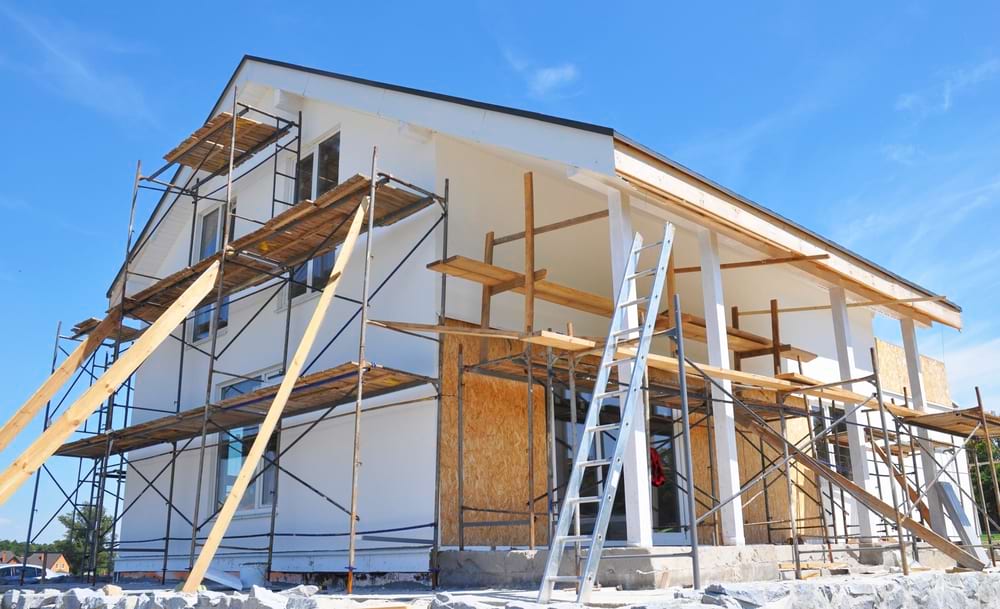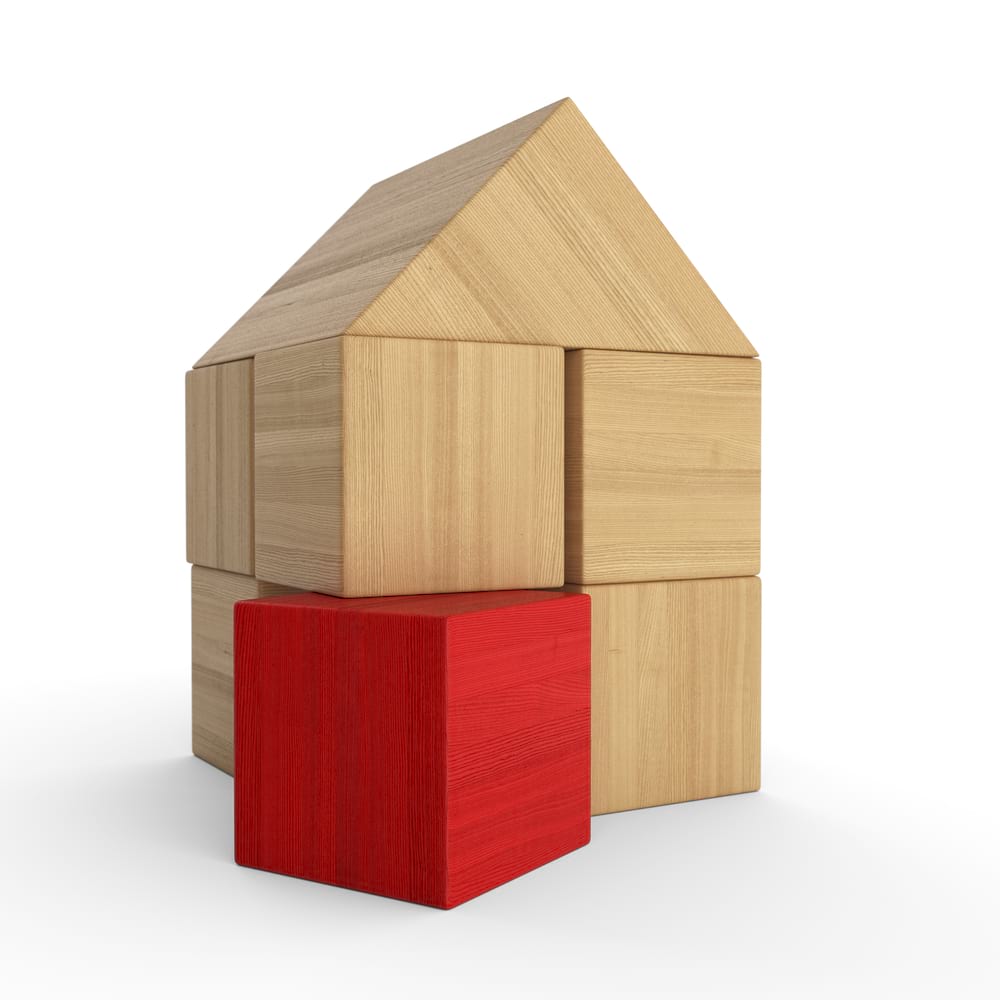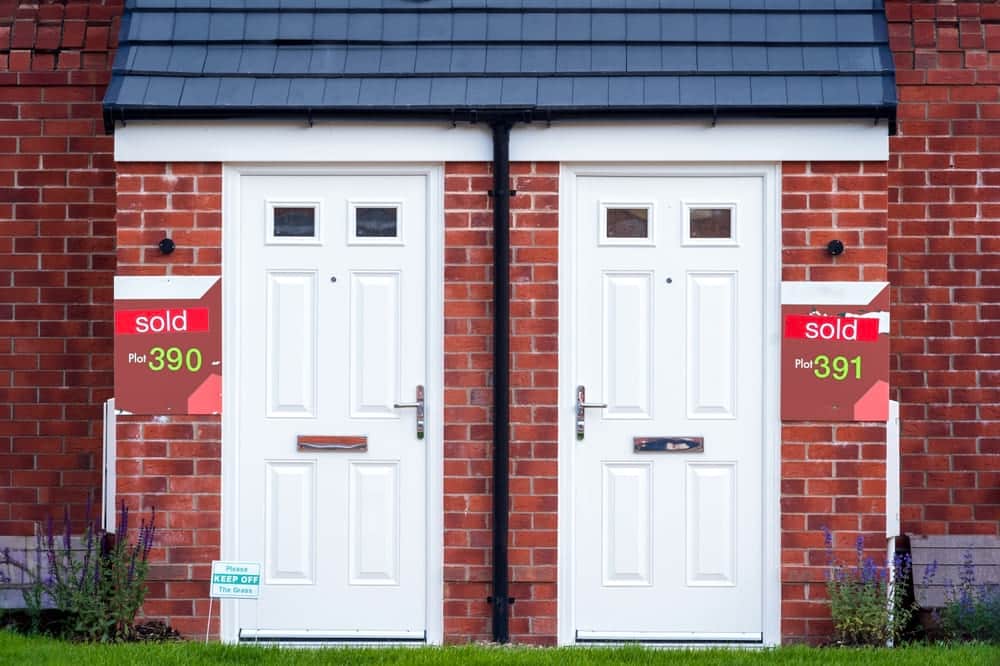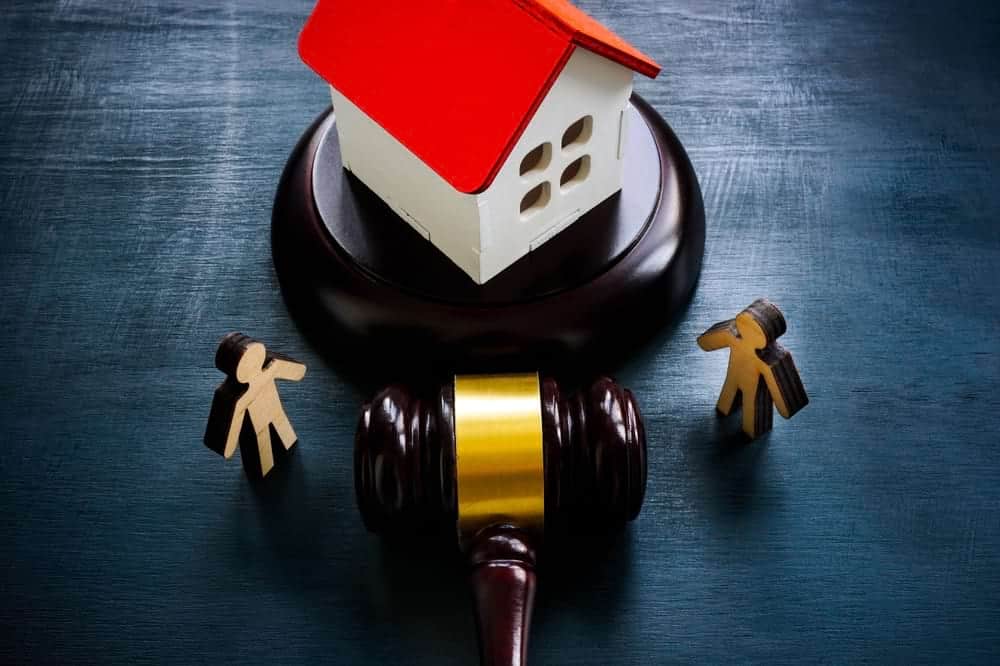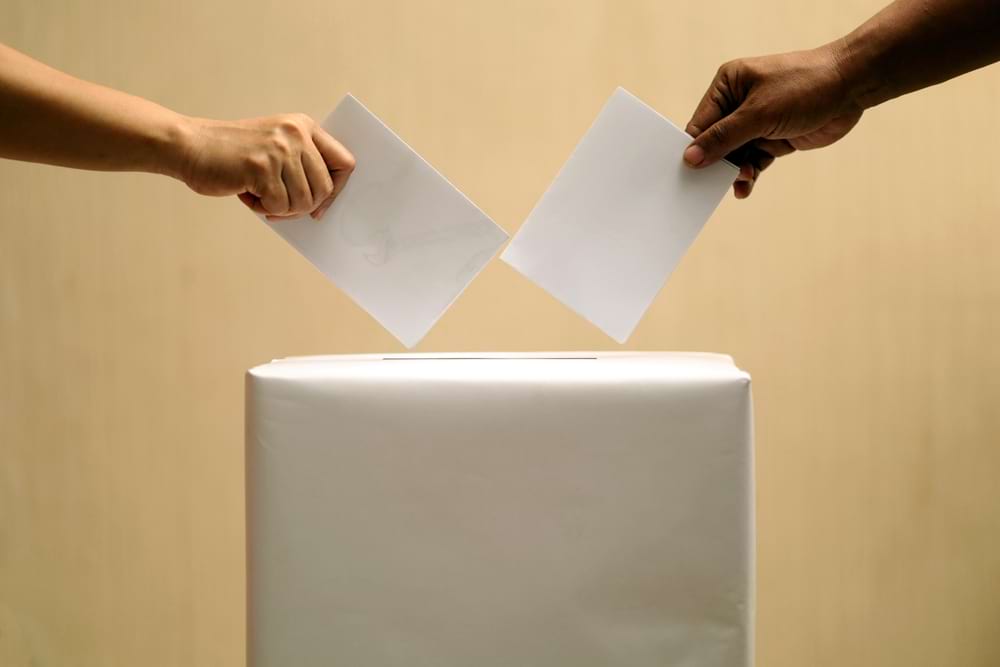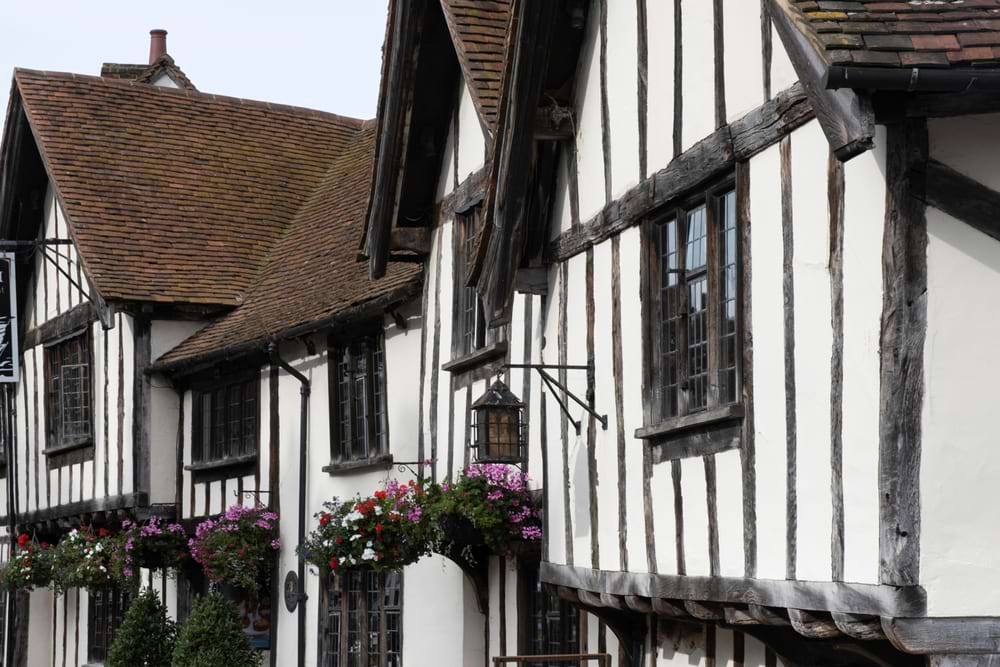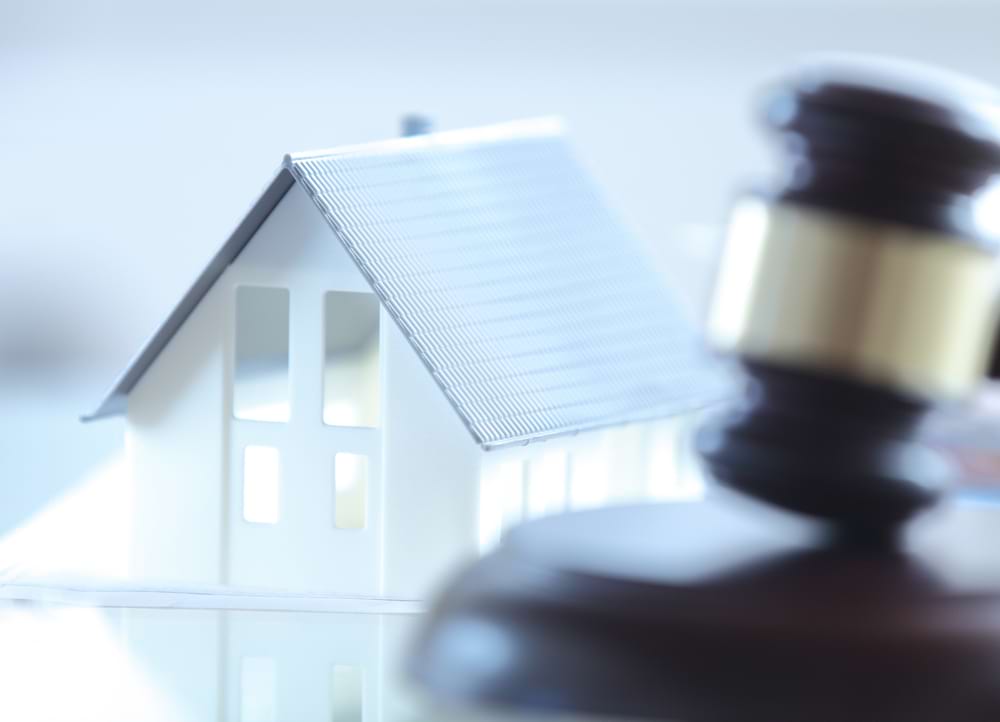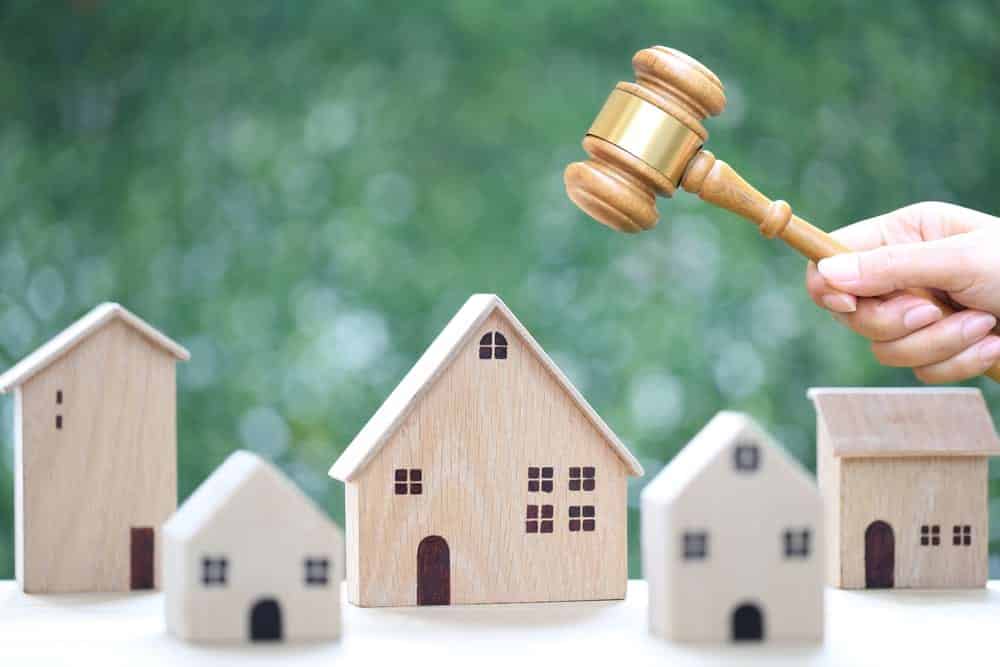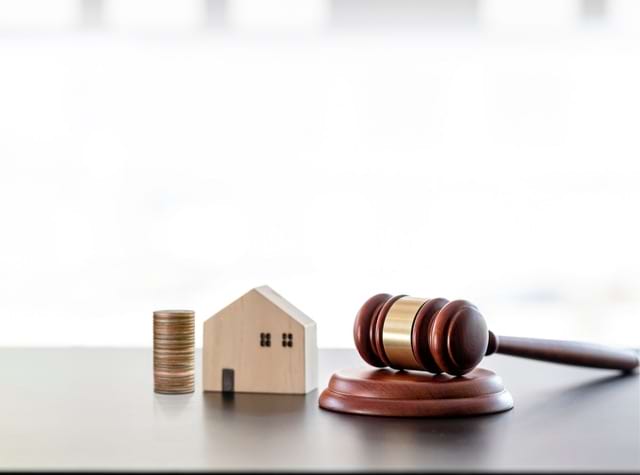It’s essential to consider taxes when you buy a house in cash.
You don’t want to pay out more than you need to.
But you must also be aware of your legal responsibilities.
If you’re buying a house in cash in the UK in the near future, you could be wondering how it might affect your taxes.
Keep reading to find out.
How does buying a house in cash affect taxes?
The most straightforward answer is that it doesn’t. You shouldn’t pay any more or less taxes when buying a property because you’re paying in cash.
However, buying a house in cash often implies other circumstances that might affect taxes. Examples include:
- If you’ll rent the property to a tenant
- You’re buying the house under a company name
- You are a registered social landlord.
Stamp Duty Land Tax (SDLT)
Stamp duty land tax is a tax on properties over a certain price in the UK.
(This is also known as Land and Buildings Transaction Tax in Scotland and Land Transaction Tax in Wales).
When you buy a second property in the UK (which is possible if you’re a cash buyer), there may be extra stamp duty due. This is usually 3%.
Different stamp duty rates
There are also special stamp duty rates if you are any of the following:
- Corporate bodies
- Buying six or more residential properties in one go
- Companies and trusts buying residential property.
For example, stamp duty is 15% on residential properties that cost more than £500,000 when bought by certain corporate bodies or ‘non-natural persons’.
Potential for relief
While stamp duty can rise higher in these instances, there are other times when you might be eligible for relief. Examples include:
- If you’re a registered social landlord
- A building company buying an individual’s home
- An employer buying an employee’s home.
(There was once a time when you might’ve been eligible for multiple dwelling relief, too. But this has been unavailable since 1st June 2024).
You should speak to a specialised tax adviser for guidance on all of these scenarios. There are criteria involved that determine whether you’re eligible or not.
Capital Gains Tax
Whether you’re a cash buyer or not, you do not pay capital gains tax when buying a house.
It is only due when you sell property (if applicable). But if you have just sold another property to enable you to be a cash buyer, then capital gains tax might be due.
You’ll need to look out for this tax when the time eventually comes to sell.
You may get tax relief if the property is a business asset. Otherwise, you’ll pay on the amount that the house has increased in value while you owned it.
Income Tax on rental earnings
As a cash buyer, it is possible that you are purchasing the house so you can let it out to someone else.
This allows you to generate income from the property. Just keep in mind that these earnings are subject to income tax.
If the house is in your name, earnings that go directly to you will be subject to income tax.
But if a company holds the property, and you take a dividend from the profits, then different tax rates apply.
Speak to an expert tax adviser for guidance on this.
Council Tax
You must pay council tax when you buy a property in the UK, regardless of whether you’re a cash buyer or not.
Your location and the valuation band of your house will impact how much you have to pay. So, too, will its status as being empty or occupied under certain circumstances.
Speak to an expert or a council member for guidance on finding out your council tax obligations.
Value Added Tax (VAT) on services
If you buy a house in cash because you are a limited company that is Value Added Tax (VAT) registered, you may be able to claim back VAT on some of your expenses.
This is if you can demonstrate that it is a legitimate business cost.
Speak to your solicitor or estate agent about their pricing methods. Find out if it includes VAT.
The same could apply to removal companies.
In your quarterly VAT returns, you might be able to get a percentage of these outgoings back. Make sure you get a receipt from all the professionals you work with.
